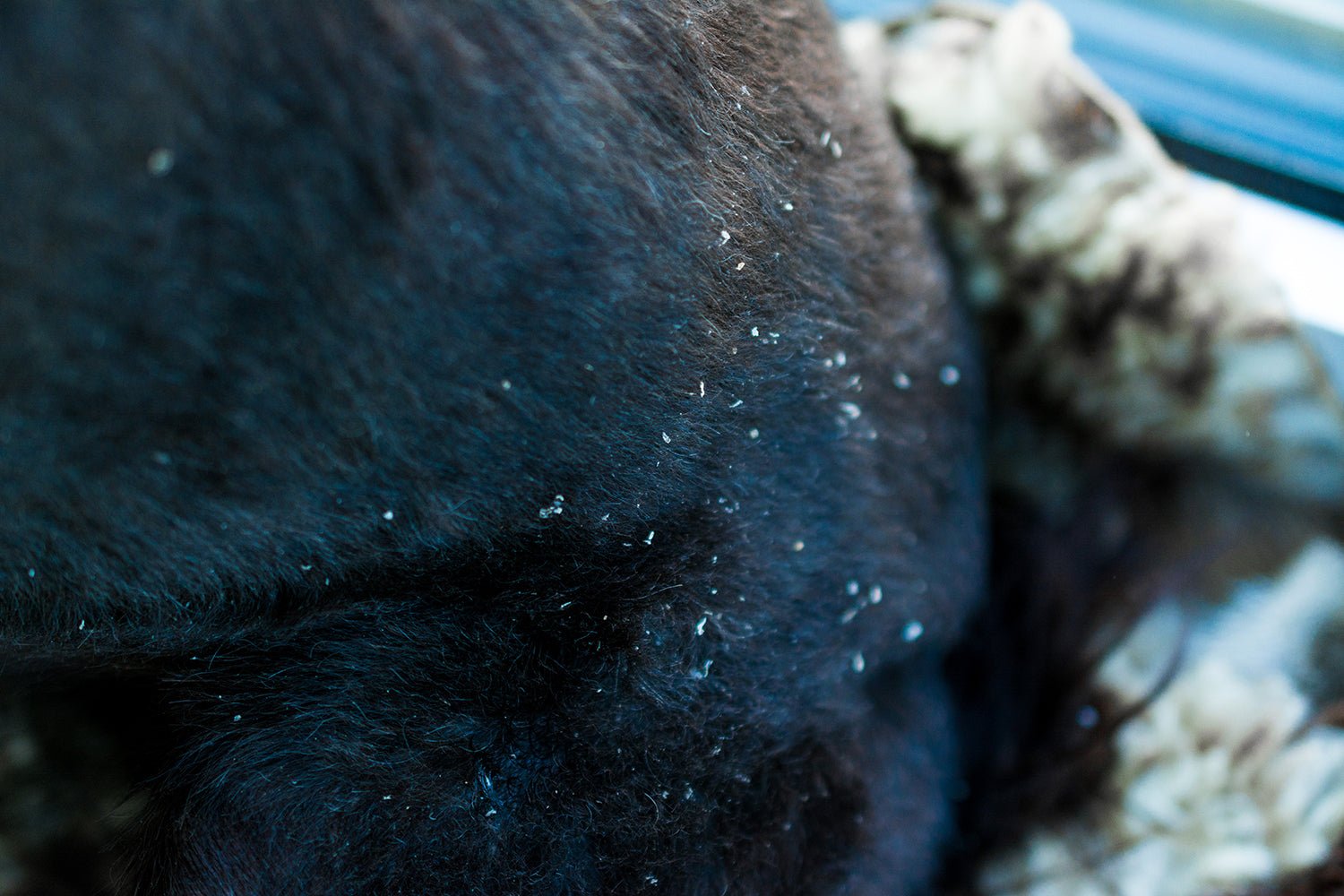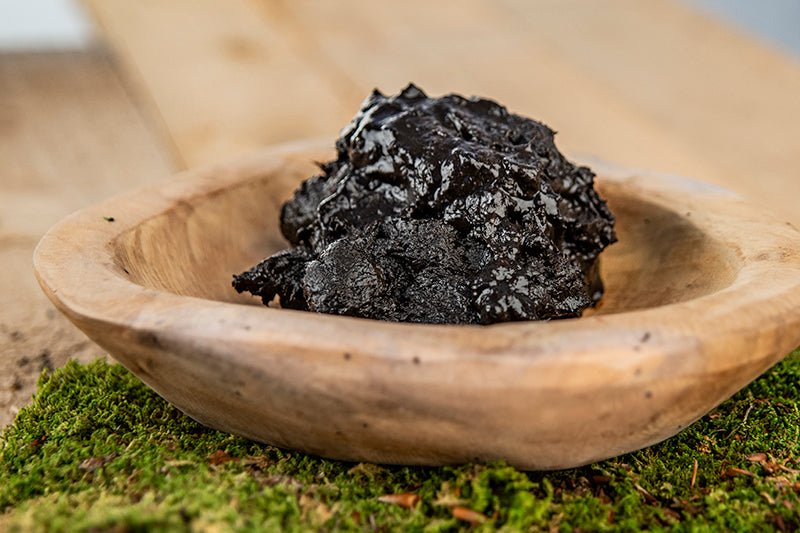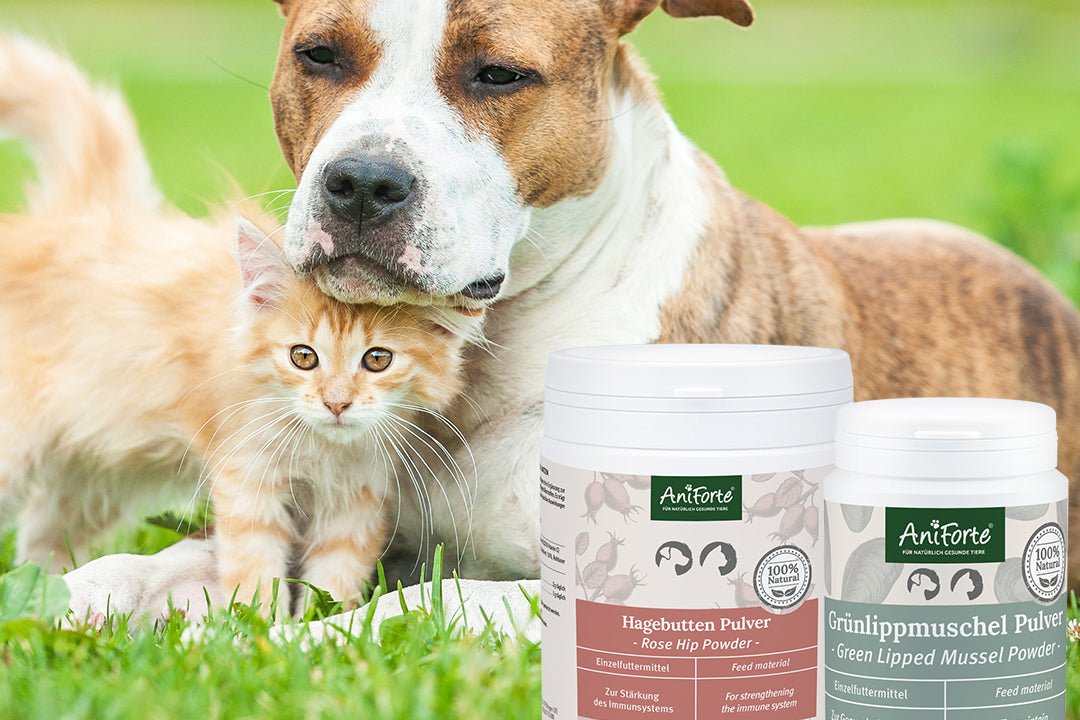
Some dandruff in your dog's fur is normal and can occur due to weather changes, coat shedding, or natural cell renewal. However, excessive or persistent dandruff may indicate underlying issues that require attention.
Symptoms of DandruffDandruff often stems from dry skin, causing itching and increased scratching. This can lead to visible flakes, especially noticeable on dark coats. Flakes may be:
- White: Often linked to dry skin.
- Yellow and Greasy: Suggests excessive sebum production.
If dandruff persists, other symptoms like hair loss, bald spots, or scabs may appear. Frequent scratching can lead to open wounds, increasing the risk of secondary infections.
Common Causes of Dandruff in Dogs-
Short-Term Changes
Temporary dandruff can result from weather changes or dry indoor air, especially in winter. Grooming helps remove dead skin cells, dirt, and supports skin circulation. Use gentle shampoos like our Sensitive Dog Shampoo, which maintains the skin's pH balance and protective fat layer. -
Dietary Issues
Nutritional imbalances are a major cause of dandruff. Undersupply or oversupply of vitamins, minerals, and essential fatty acids can lead to dry skin and flaking. Poor-quality food with grains, protein substitutes, or preservatives may trigger allergies, itching, and dandruff. Gradual diet transitions can prevent stress-related reactions like dandruff or upset stomachs. -
Allergies and Intolerances
Ingredients like grains or artificial additives can cause allergic reactions, resulting in itching and dandruff. Switching to natural, additive-free food tailored to your dog’s needs can reduce flare-ups. -
Seborrhoeic Dermatitis
This condition can be hereditary or acquired, causing greasy fur, yellow flakes, and excessive sebum production. Underlying issues like hormonal imbalances or inflammation may trigger secondary seborrhea. -
Stress and Mental Health
Anxiety, boredom, or over-stimulation can lead to excessive scratching and flaking. Behavioral symptoms like licking or nibbling often indicate an effort to manage stress. Providing balanced activity levels and mental stimulation can alleviate these triggers. -
Environmental Factors
Dry heating air or frequent bathing can strip the skin’s natural oils, disrupting its pH balance and protective barrier.
If no medical issues are found, supplements can help restore your dog’s skin and coat health:
- Brewer's Yeast: A natural product rich in B vitamins, supports skin health and a shiny coat.
- Salmon Oil: Contains omega-3 fatty acids (EPA, DHA) to enhance skin elasticity and reduce inflammation. We also have Salmon Oil Capsules
- Coconut Oil: High in lauric acid, promotes energy metabolism and immune support.
- Propolis: Strengthens the immune system, protects against germs, aids wound healing, and soothes itchy skin.
- Other Supplements: Algae oil, linseed oil, and seaweed meal are also excellent options.
If you are not sure which supplements are suitable for your dog, our team of veterinarians and animal nutritionists can help you choose the best supplements for your dog.
Conclusion
When to Visit the Vet
If dandruff persists for more than a few days, worsens, or is accompanied by symptoms like bald spots, excessive scratching, or scabs, consult your vet. They can diagnose underlying issues through skin exams, blood tests, or behavioral evaluations.
Conclusion
A few flakes are normal, but persistent dandruff might signal deeper concerns like poor diet, allergies, or stress. Regular grooming, a balanced diet, and natural supplements can keep your dog’s coat and skin healthy. If dandruff doesn’t improve, consult your vet for further guidance.
By addressing your dog’s dandruff, you’re not just caring for their coat but ensuring their overall well-being.



